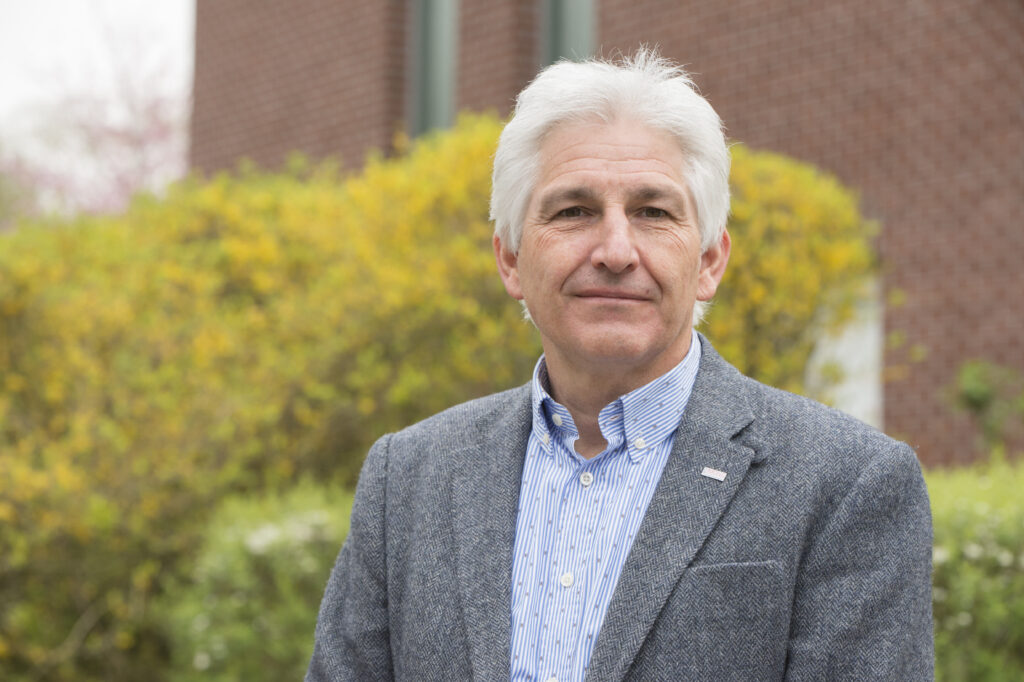Prof. Philippe Dubois (University of Mons – Materia Nova asbl)

Short bio
Philippe Dubois is Rector of University of Mons, and 1st President of the European University Alliance EUNICE. As full professor he set up the Center of Innovation and Research in Materials & Polymers CIRMAP. His expertise covers organic chemistry; macromolecular chemistry; catalysis in polymer materials; and (reactive) processing of (nano)composites and nanohybrid materials, including bioplastics. He is President and scientific Director of Materia Nova Research Center ASBL in Mons. He is President/co-founder of GATE2 S.A., a spin-off company of UMONS. He has published 800+ peer-reviewed scientific articles, 11 books (H-index = 120, overall citations= 65,500+) and is the inventor of 76 patents. Ph. Dubois is invited professor in several Universities in Europe, US and China. He is elected member of the Royal Academy of Belgium (Class of sciences) and the European Academy of sciences EurASc (Engineering Division). In 2024, he became Doctor Honoris Causa of University of Montpellier, France.
Keynote : How will chemistry shape the materials of the future? A personal perspective
The ecological transition is a major challenge that society is facing. It requires profound changes in the way we produce, consume and live. Chemistry has an important role to play in this transition, helping to develop innovative solutions to environmental challenges.
The concrete contributions of chemistry include i) the production of new sources of energy, including storage technologies; ii) the development of sanitation processes to treat waste and wastewater; iii) the key role of pharmaceutical and medicinal chemistry, and iv) the production of sustainable materials such as recycled, intelligent/self-repairing, (super)conductive, catalytic and bio-sourced materials, etc.
To achieve this, scientific interdisciplinarity is essential, and the aim of this contribution is to illustrate this ‘cross-fertilisation’ and the involvement of chemistry in the production of new biosourced (nano)materials, i.e. materials derived from renewable resources. Not only are these materials, polymers and (nano)composites, derived from biomass, but they also have the property of controllable and even programmable biodegradation. To achieve this, disciplines as different and complementary as synthetic and catalytic chemistry, process engineering, nanotechnology, surface physics, biology and enzymology will be approached and combined.

